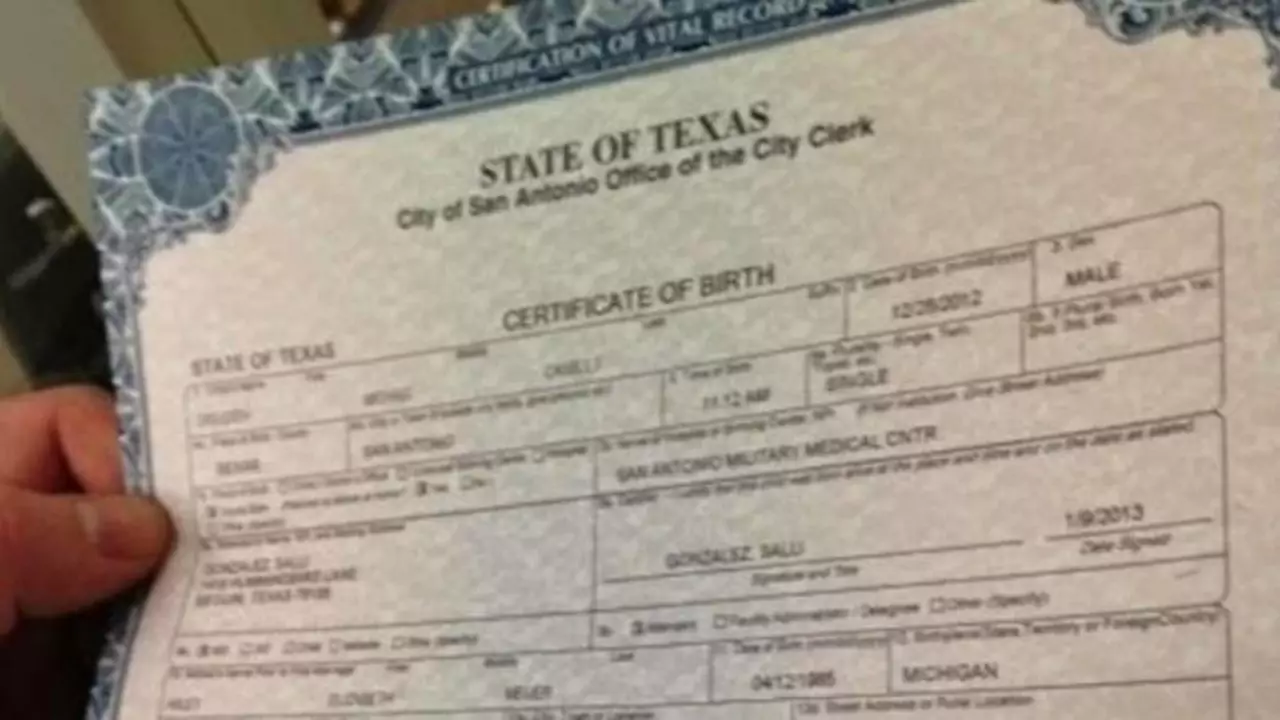Hate: Understand, Manage and Transform Negative Feelings
Hate shows up in many forms — a sharp comment online, a long-held grudge, or a sudden rush of anger when someone crosses a boundary. It’s a powerful emotion, but it doesn’t have to control your life. You can learn to spot it early, use quick tools to calm down, and work slowly to change its power over you.
Spot it and slow it down
The first step is simple: name the feeling. Say to yourself, “I’m feeling hateful” or “This feels like anger.” Naming pulls you out of automatic reaction. Then do one concrete thing: breathe slowly for 60 seconds, move away from the trigger, or count to ten. That pause stops the immediate escalation and gives you space to choose a better response.
Watch for physical signs too — tight jaw, hot face, clenched fists. Those are your body’s alarm bells. When you notice them, act on the pause. A short walk, a few deep breaths, or stepping back from a conversation can prevent harm and keep relationships salvageable.
Practical ways to change what’s underneath
Hate often hides fear, shame, or a sense of injustice. Ask yourself: what am I afraid of? What need isn’t met? Simple questions like that reveal the root. Once you know the root, pick one small action. If it’s fear, gather facts. If it’s shame, practice self-kindness. If it’s hurt, talk to a calm friend or write a short note you don’t send.
Try these daily practices: a short guided breath or body scan, a five-minute journaling habit, and one act of kindness a week. These habits don’t erase big hurts overnight, but they reduce the emotional fuel that feeds hate.
When hate targets someone else, set clear boundaries. You don’t have to stay in a harmful situation to be compassionate. Saying “I need a break” or “I won’t engage right now” protects you and prevents escalation. If a conversation is respectful, ask open questions: “Help me understand what you mean.” Curiosity can cool things down fast.
If hate is extreme or persistent, get help. Talk to a counselor, join a support group, or find a community leader you trust. Professional support gives tools for long-standing patterns and helps keep you and others safe.
This tag covers many real-life topics — identity, migration, religion, and community conflicts — all places where strong emotions show up. Read posts that explore those issues with curiosity rather than judgment. You’ll find practical advice on managing tough conversations and keeping your inner balance.
Hate is powerful, but so are small choices. Pause, name the feeling, take a measured step, and keep practicing daily habits that free you from acting on harmful impulses. Over time those small choices add up and open the way to clearer thinking and gentler relationships.
This article explores one individual's feelings of dissatisfaction with their home country of India and their admiration for Australia. The writer expresses dissatisfaction with the state of Indian society, citing issues such as pollution, corruption, and a lack of opportunity. The writer also expresses admiration for Australia's cleanliness, infrastructure, and job opportunities. The article concludes with the writer's dilemma of not being able to live in either country, and the need to make a decision about which country to call home. In conclusion, this article provides a thought-provoking look into one person's difficult decision of choosing between two countries, and the emotions behind it.
View More




